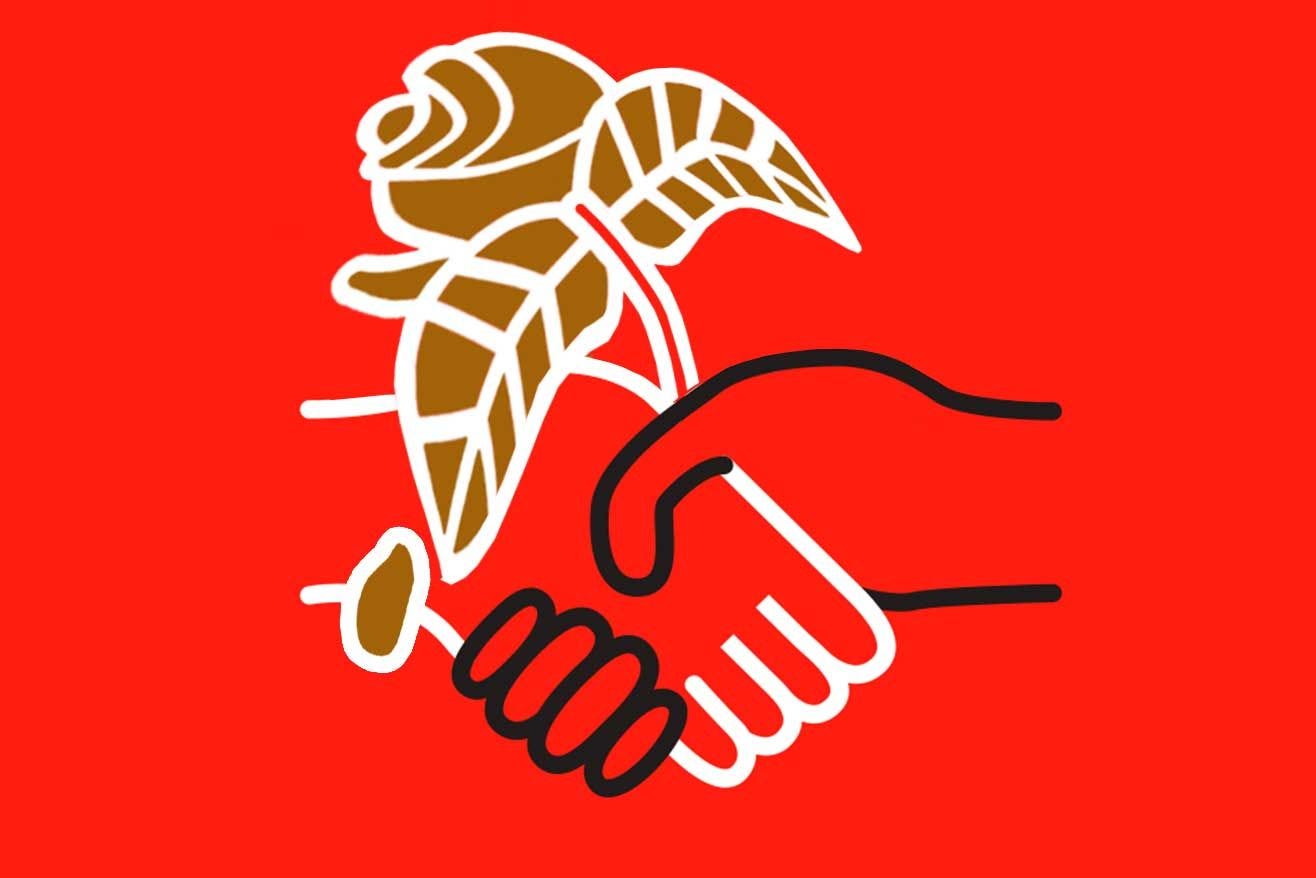Unsocialized Risk
Get into an argument with a Democratic Socialist, and you're bound to be offered the assertion that "democratic socialism" isn't the same as what existed in the Soviet Union, or Red China, or more recently Venezuela. In most cases, I believe that those who make the claim don't actually have a working definition of the system they espouse, nor an understanding of what the Democratic Socialists of America (DSA) party platform actually consists of.
This isn't by accident, of course. Such vagueness of solution is a fundamental aspect of Critical Theory. It allows the motivated to fill in the blanks in a fashion that aligns with their preferences and beliefs. It pre-empts detailed deconstruction, and enables the "that's not what it is" rebuttal to criticisms. It makes Democratic Socialism a mushy "better than what we got now" refuge.
However, there is indeed a kernel of truth in the assertion that democratic socialism is *not* old-school socialism.
That kernel lies in the assignment of economic risk.
In a socialist system, risk is borne by the State. If the means of production are socialized, then the State suffers the consequences of bad decisions, unexpected events that create adverse outcomes, economic downturns, and the like.
In the "democratic socialism" being hawked, either by the vague hand-wavers who don't actually have details, or by the DSA itself (I've read its platform), the state does *not* own the means of production. Instead, ownership is either left as-is but overlaid by heavy-handed government control (see: fascism) or, as the DSA desires, or entrusted to employees (with an exception - more on that in a moment). Either way, (and again, with an exception) the State does not bear business risk, even though it assumes a much larger role in business decisions. This is akin to "having your cake and eating it too," or "wanting to swim without getting wet" or "dancing at two weddings at the same time."
It is hard to imagine a more stupid or more dangerous way of making decisions than by putting those decisions in the hands of people who pay no price for being wrong. -- Thomas Sowell
Now, that exception, and it's a lulu. The DSA platform calls for the abolishing of corporations in favor of employee ownership... then goes on to note that, in the cases where capital investment is required, some form of government ownership will be necessary. It presents that exception in tones of regret, which is in my opinion a tacit admission that "same-old" socialism is a Bad Thing but unavoidable in pursuit of their ends. While the obvious question is, "how many businesses *don't* require capital," there's also the question of "who bears the risk?"
This leads us into a tautological problem. If an employee owns a piece of a company, and participates in decision-making, is he actually an employee any more? Employees get paid wages or salaries, and might participate in profits by way of bonuses, but aren't expected to pump capital into a company that's enduring a down turn. Employees, moreover, can quit, with no risk to that which they've earned, excepting only those bonus situations. Who bears the down-side risk should the corporate form be abolished in favor of employee ownership? Wouldn't the employees simply be considered shareholders, meaning that all that has happened is a mere re-naming of the corporate form?
Or is the government going to take on the owner's risk under this new "better" way? If so, then we *are* talking about same-old socialism, putting the lie to the whole "democratic is different" assertion.
In which case, we already know the outcome.
A brief addendum. Bernie Sanders spent years pointing at Denmark and the other Scandinavian countries as the "better way." Yet, none of his policy proposals actually reflect how things are done there. Quite the opposite: much of the Nordic model is anathema to the Sanders/AOC crowd, and they'd pillory any politician who proposed it in detail. Read more here.



It's funny that these "democratic socialists" push their movement so hard without knowing what they're pushing for. And I believe Denmark came out with a rebuttal to Sanders' constant examples of "socialism" he preaches about in Denmark. Denmark said, "Woah, hold on there buddy, we're not socialists here". I think Sanders and people that push that agenda just like to hear themselves talk honestly